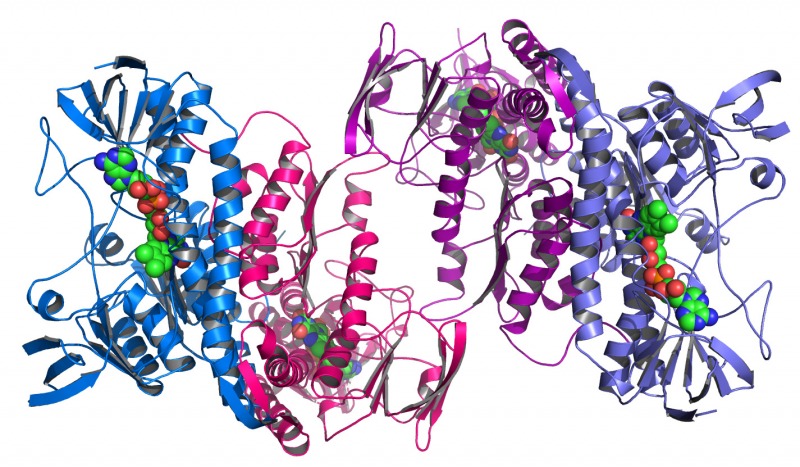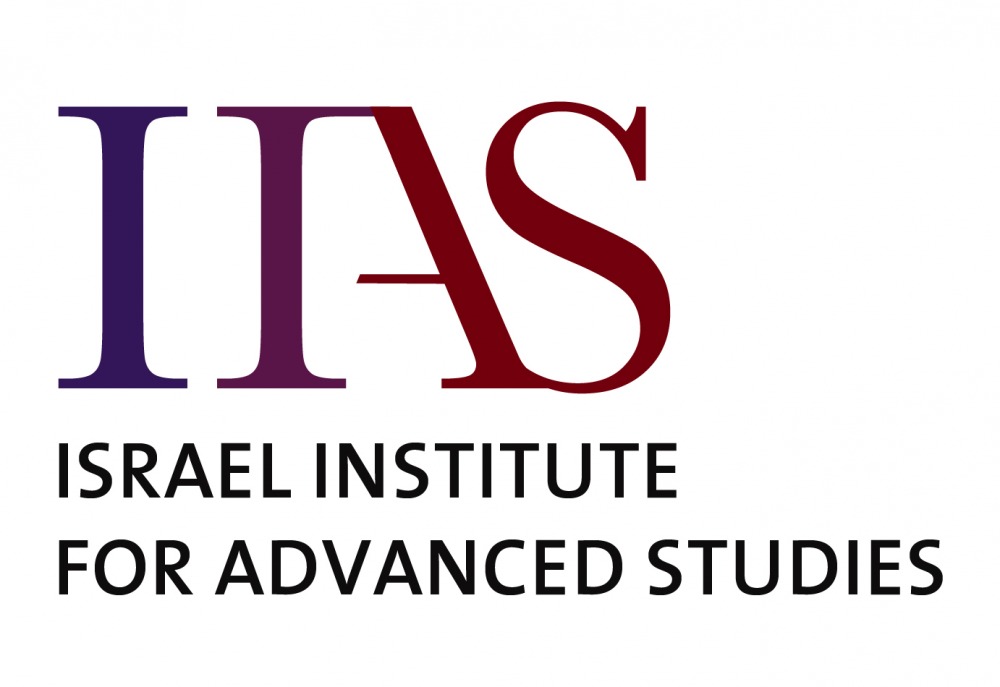
ORGANIZER:
Michael Hecht, Princeton University
In recent years, experimental scientists have gone beyond studies of natural proteins from biological systems and have demonstrated that it is now possible to construct folded proteins entirely "from scratch". Methods for constructing proteins de novo include (i) rational design (including computational methods) based on first principles, (ii) combinatorial methods, and (iii) hybrid approaches that incorporate both rational and combinatorial features.
(i) Approaches using rational design are based on the premise that current understanding of the physics and chemistry of protein folding is sufficiently sophisticated to guide the design of novel macromolecules containing thosands of atoms. Moreover, these "first principles" approaches aim to rationally design the precise locations (x, y and z coordinates) of every atom in these macromolecules.
(ii) As an alternative to rational design, several experimentalists use combinatorial methods to create vast "libraries" of novel proteins. The premise of this approach is that even if we do not understand all of the fundamental principles well enough to design proteins rationally, we can create huge numbers of candidates in the test tube (billions and in some cases 1011) and then screen through these collections for proteins with the desired structures and/or functions. To find the rare folded and/or active proteins amidst the many unfolded or inactive running sequences requires the experimentalist to devise clever methods to select rare "needles" from a large "haystack".
(iii) An additional approach combines rational design with combinatorial methods: Large libraries of de novo sequences are constructed. However, since random sequences rarely produce well-folded or active proteins, these libraries are not constructed randomly. Instead, the sequences in these libraries are constrained by features of rational design. Diversity is focused by rational design into regions of "sequence space" that are most likely to yield well-folded and/or active proteins.
Each of these approaches have achieved a significant level of success. The speakers at the workshop include leaders in both rational and combinatorial protein design, as well as scientists who have pioneered hybrid rational/combinatorial approaches. The speakers also include leading experimentalists who have devised screens and selections for finding folded and active proteins amidst large combinatorial libraries.
SPEAKERS:
Isaiah Arkin, The Hebrew University of Jerusalem
Nir Ben-Tal, Tel Aviv University
Robert Brasseur & Annick Thomas, Univ. des Sciences Agronomiques de Gembloux, Belgium
Bassil Dahiyat, Xencor, Inc.
Les Dutton, University of Pennsylvania
Deborah Fass, Weizmann Institute of Science
Assaf Friedler, The Hebrew University of Jerusalem
Ehud Gazit, Tel Aviv University
Sam Gellman, University of Wiscosin
Amiram Goldblum, The Hebrew University of Jerusalem
Michael Hecht, Princeton University
Donald Hilvert, ETH, Zurich
Amnon Horovitz, Weizmann Institute of Science
Brian Kuhlman, University of North Carolina
Michael Levitt, Stanford University
Oded Livnah, The Hebrew University of Jerusalem
Andreas Pleuckthun, University of Zurich
Hanna Rapaport, Ben-Gurion University of the Negev
Lynne Regan, Yale University
David Richardson, Duke University
Jane Richardson, Duke University
Gideon Schreiber, Weizmann Institute of Science
Yehiel Shai, Weizmann Institute of Science
Julia Shifman, The Hebrew University of Jerusalem
Mona Singh, Princeton University
Joel Sussman, Weizmann Institute of Science
Dan Tawfik, Weizmann Institute of Science
Meir Wilchek, Weizmann Institute of Science
Shuguang Zhang, MIT

